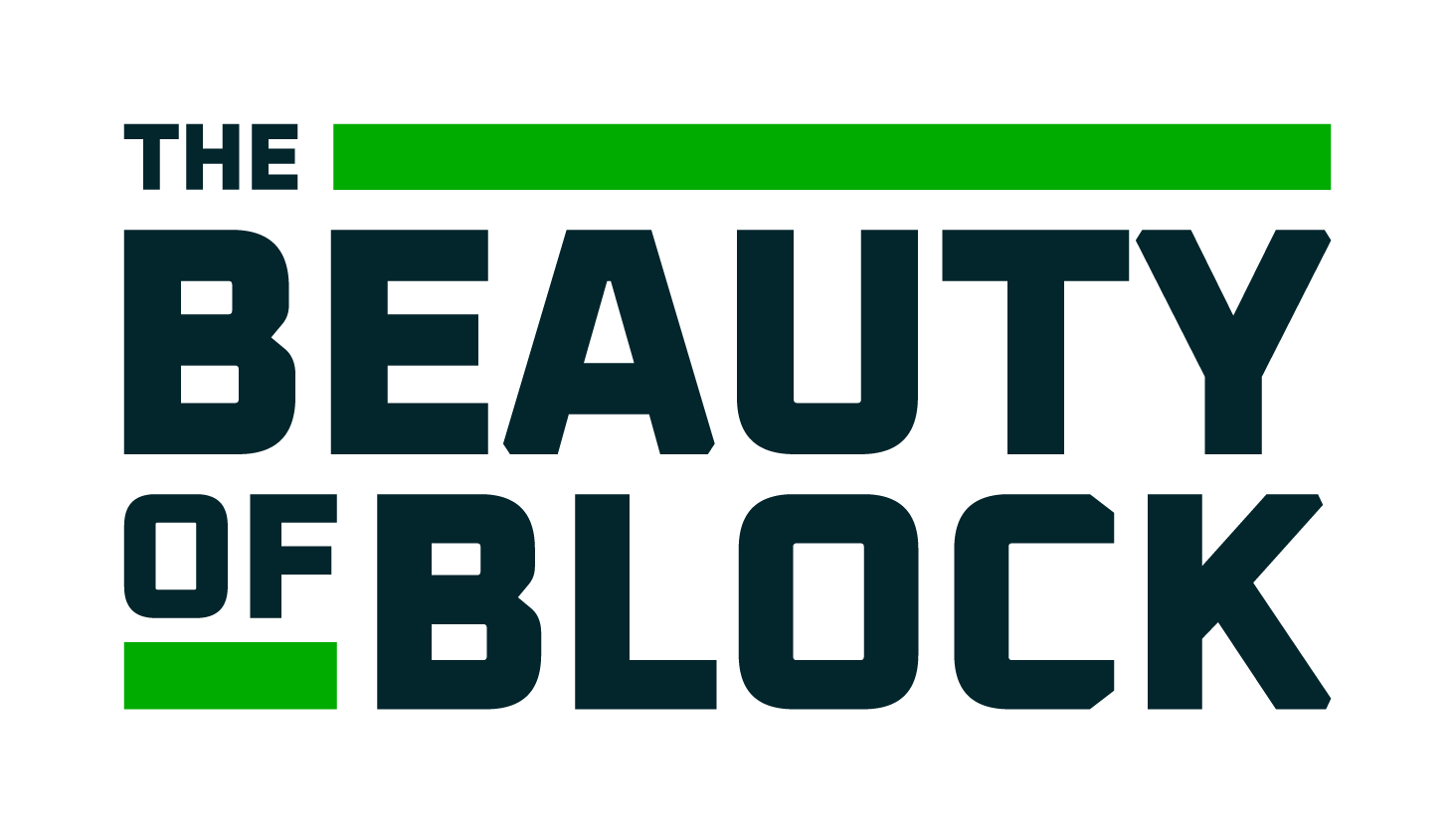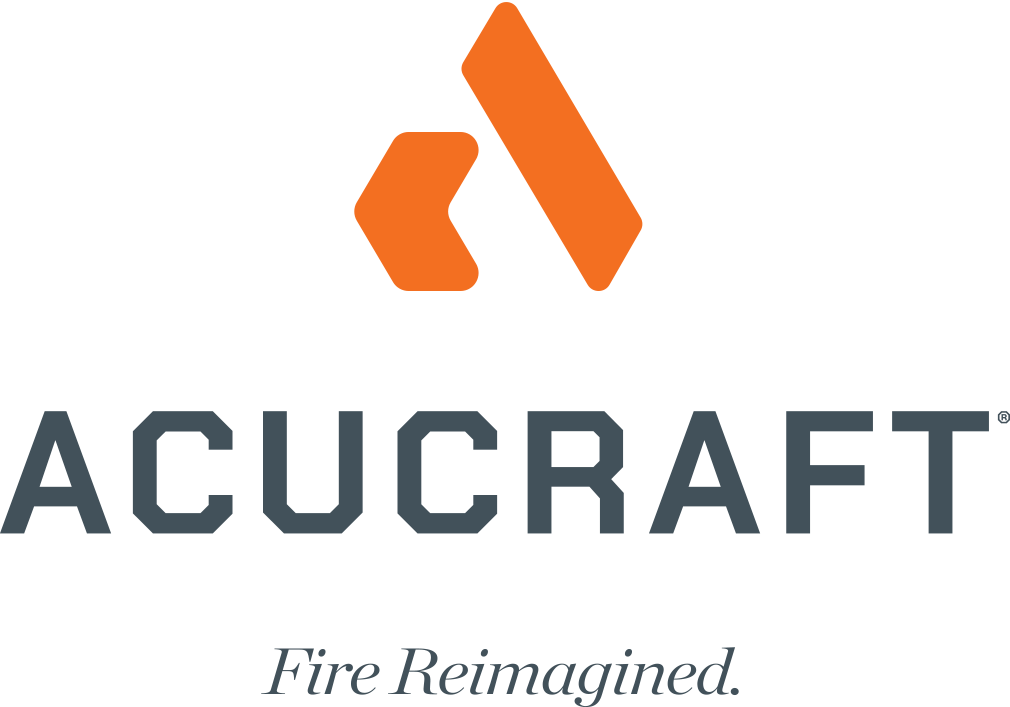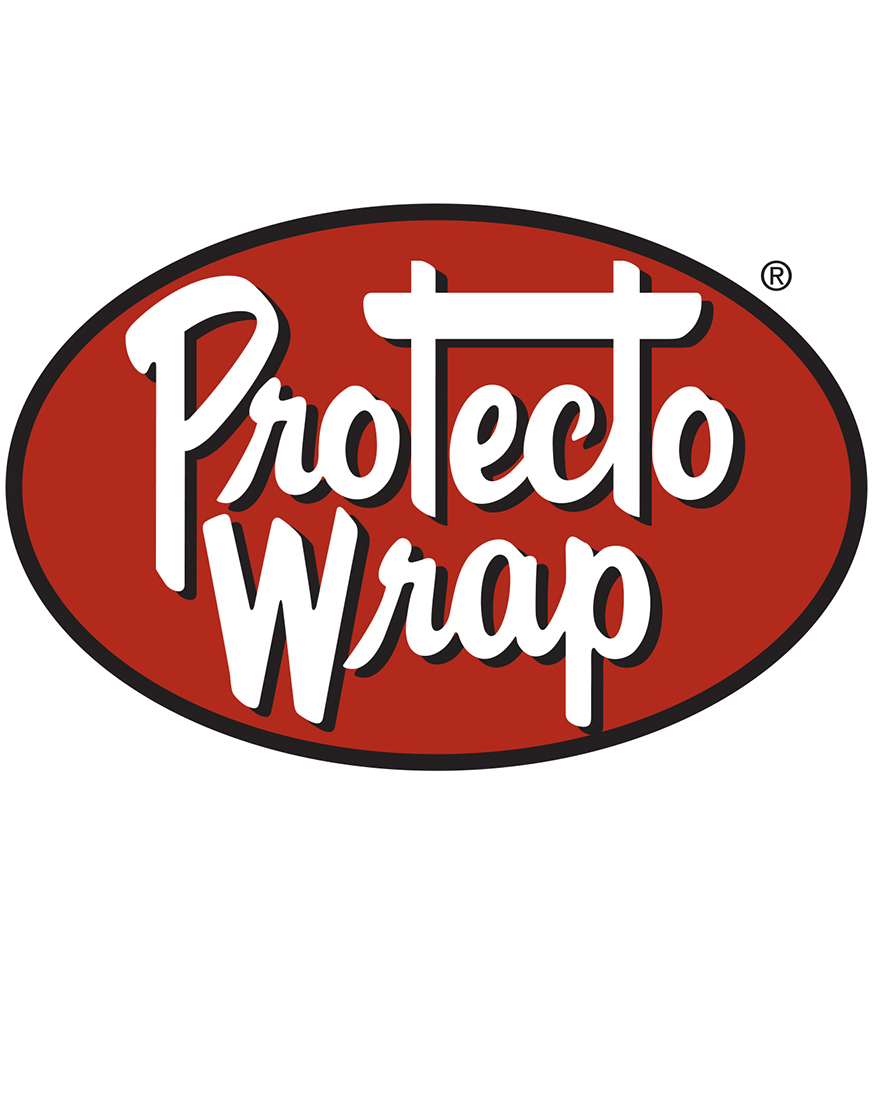This On Demand CEU is a recorded presentation from a previously live webinar event. The path to carbon-neutral concrete requires coordinated action across the entire value chain, with owners, developers, and public agencies playing critical roles in driving market and policy change. A major—often overlooked—source of embodied emissions is the widespread practice of concrete overdesign: mixes are routinely produced at strengths well above specification to compensate for perceived variability, resulting in unnecessary cement use and avoidable GHG emissions. This presentation demonstrates how overdesign directly inflates the carbon footprint of common mixtures and shows, through data, how specification practices shape those outcomes.
We also examine the climate impact of prescriptive infrastructure specifications that require minimum cementitious contents and restrict the use of lower-carbon SCMs such as fly ash and slag. These provisions, though well-intended for constructability and consistency, can force higher-emission mixes even when performance-based alternatives would meet safety and durability requirements. The research presented quantifies these effects and offers practical, low-carbon specification pathways that preserve structural integrity while substantially reducing embodied emissions.








